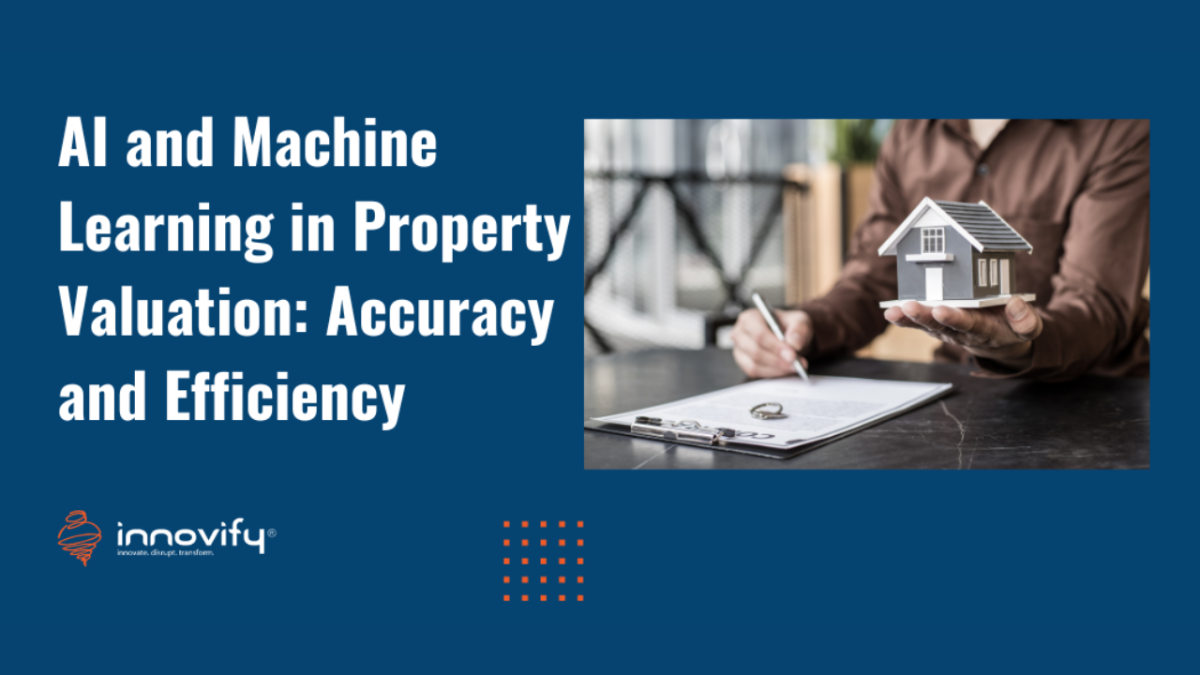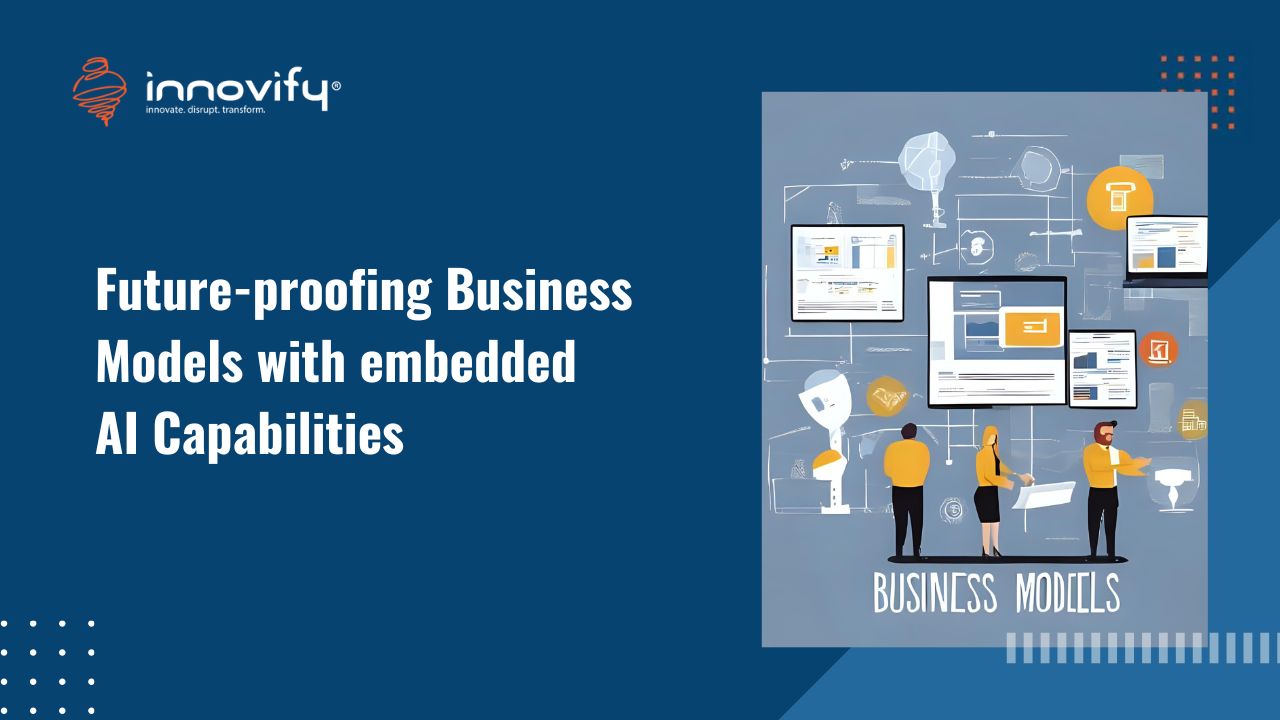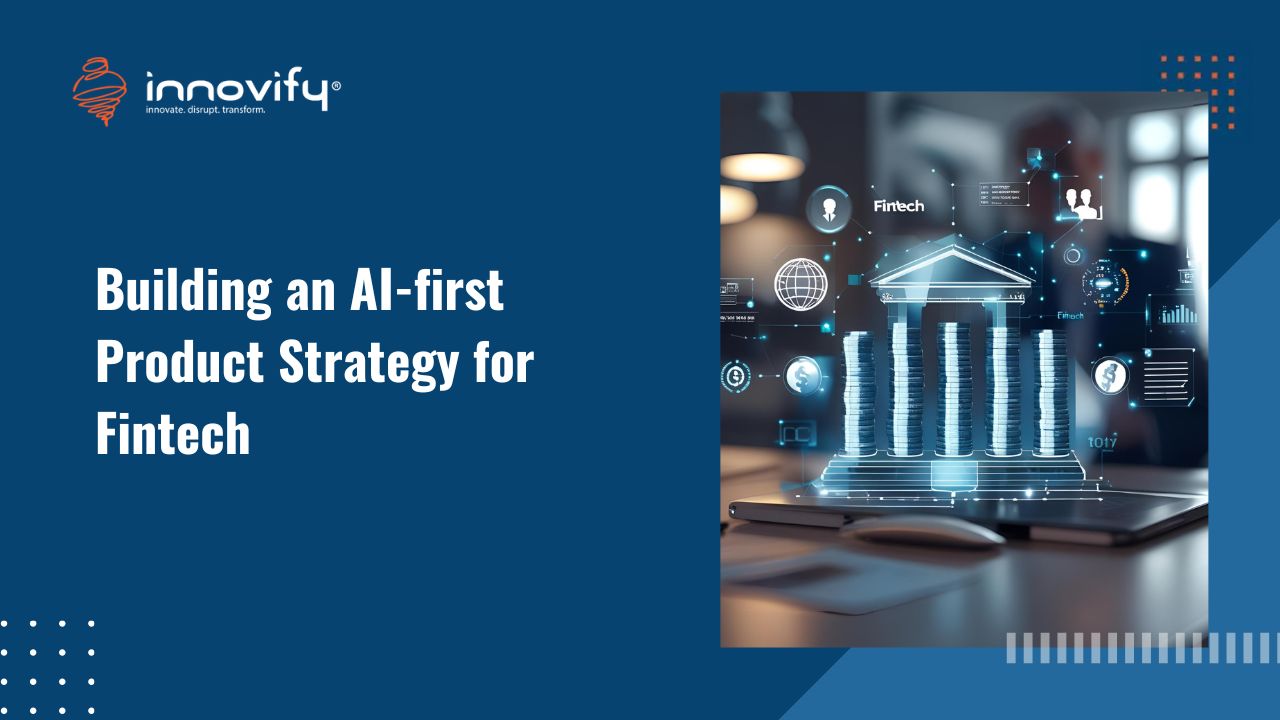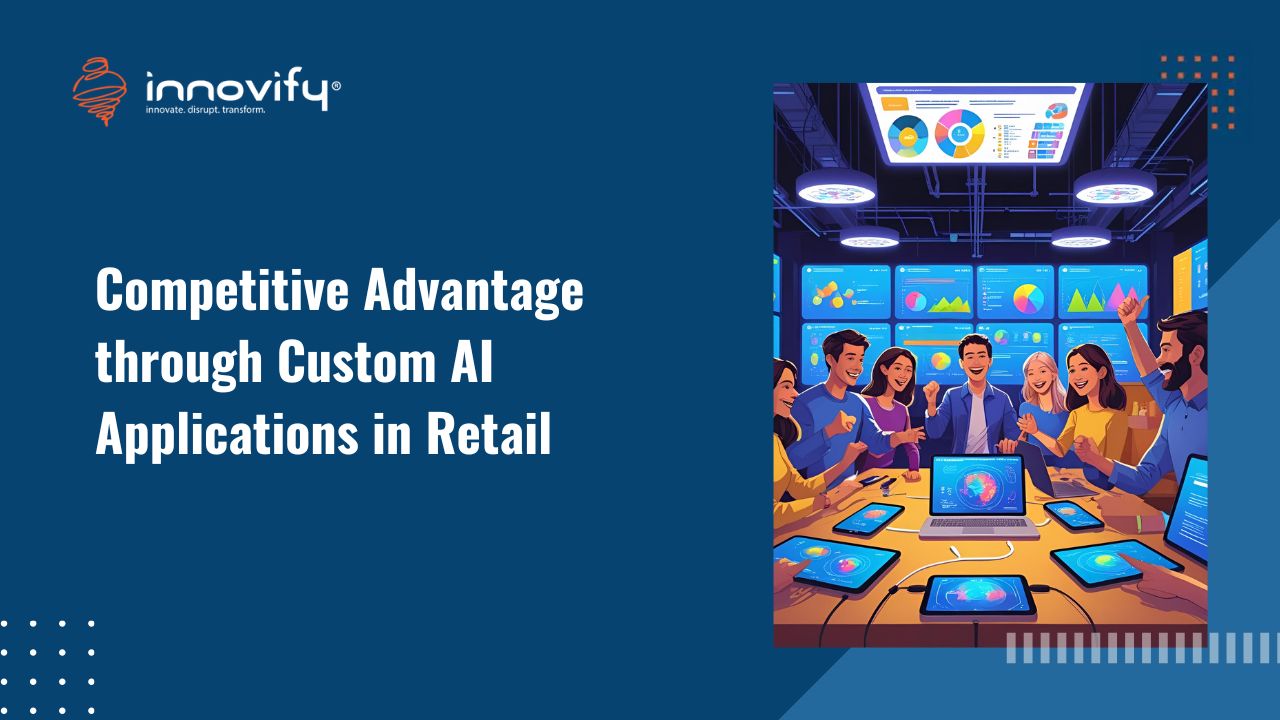AI/ML
AI in Real Estate Valuations: Enhancing Accuracy and Efficiency
The Advent of AI and Machine Learning in Property Valuation
The real estate industry has been undergoing a significant transformation, with the integration of advanced technologies like artificial intelligence (AI) and machine learning (ML). These powerful tools are revolutionizing property valuation processes, offering unprecedented levels of accuracy and efficiency.
Traditional Property Valuation Methods
Historically, property valuation has relied on manual methods, such as comparable sales analysis and cost approach. These methods, while effective, can be time-consuming and prone to human error. AI and ML algorithms can automate and streamline these processes, providing more consistent and reliable valuations.
How is AI used in real estate valuation?
AI and ML algorithms can analyze vast amounts of data, including property records, market trends, economic indicators, and historical sales data. By identifying patterns and correlations, these algorithms can provide more accurate property valuations.
How is artificial intelligence used in valuation?
- ML Cost Approach: One of the primary applications of ML in real estate valuation is the cost approach. By analyzing construction costs, depreciation rates, and other relevant factors, ML models can estimate the cost of reproducing or replacing a property.
- Machine Learning in Real Estate: ML algorithms can also be used to predict future property values based on historical data and current market trends. This can help investors and real estate professionals make informed decisions about buying, selling, or holding properties.
Benefits of AI and ML in Property Valuation:
- Increased Accuracy: AI and ML algorithms can process and analyze data more accurately than humans, leading to more precise property valuations.
- Enhanced Efficiency: Automation of valuation processes reduces the time and effort required, allowing for faster decision-making.
- Improved Consistency: AI-powered valuation models ensure consistency in valuation methodologies, reducing the risk of human error and bias.
- Enhanced Decision-Making: By providing accurate and timely insights, AI and ML can help real estate professionals make informed decisions about investment strategies, property acquisition, and portfolio management.
How AI and Machine Learning Work
AI and ML algorithms analyze vast datasets of property-related information, including sales data, property characteristics, location factors, and market trends. By identifying patterns and correlations, these algorithms can accurately predict property values.
The Future of AI and ML in Real Estate Valuation
As AI and ML technologies continue to advance, we can expect even more innovative applications in real estate valuation. Some potential future developments include:
- Real-time Property Valuations: AI-powered tools can provide real-time property valuations based on the latest market data.
- Predictive Analytics: ML models can predict future property trends, helping investors identify lucrative opportunities.
- Personalized Property Recommendations: AI algorithms can analyze individual preferences and financial goals to recommend suitable properties.
- Automated Property Appraisal Processes: AI-powered tools can automate many aspects of the property appraisal process, reducing costs and speeding up the valuation timeline.
Case Studies and Real-World Applications
Several companies have successfully implemented AI and ML solutions for property valuation. For example:
- Landbay: This UK-based mortgage lender uses AI to automate property valuations, reducing processing times and improving customer experience.
- Brickowner: This US-based real estate investment platform leverages machine learning to provide accurate property valuations and risk assessments.
Innovify: A Leading AI/ML Development Company
Innovify is a renowned company specializing in AI and ML development services. With a team of experts, Innovify can help you harness the power of these technologies to optimize your property valuation processes.
Key Advantages of Choosing Innovify:
- Customized Solutions: Innovify tailors AI and ML solutions to meet your specific needs and objectives.
- Expertise and Experience: The team at Innovify has a proven track record of delivering successful AI and ML projects.
- Scalability: Innovify’s solutions can scale to accommodate growing business demands.
- Data Privacy and Security: Innovify prioritizes data protection and ensures compliance with industry regulations.
By partnering with Innovify, you can leverage AI and ML to achieve greater accuracy, efficiency, and success in your property valuation endeavors.
Conclusion
AI and ML have the potential to transform the real estate industry by providing more accurate, efficient, and reliable property valuations. By embracing these technologies, real estate professionals can gain a competitive edge and make better-informed decisions in today’s dynamic market.
If you’re looking for a cutting-edge AI development company to implement these solutions, consider Innovify. With a proven track record in AI/ML and a deep understanding of the real estate industry, Innovify can help you leverage the power of AI to optimize your property valuation processes.




